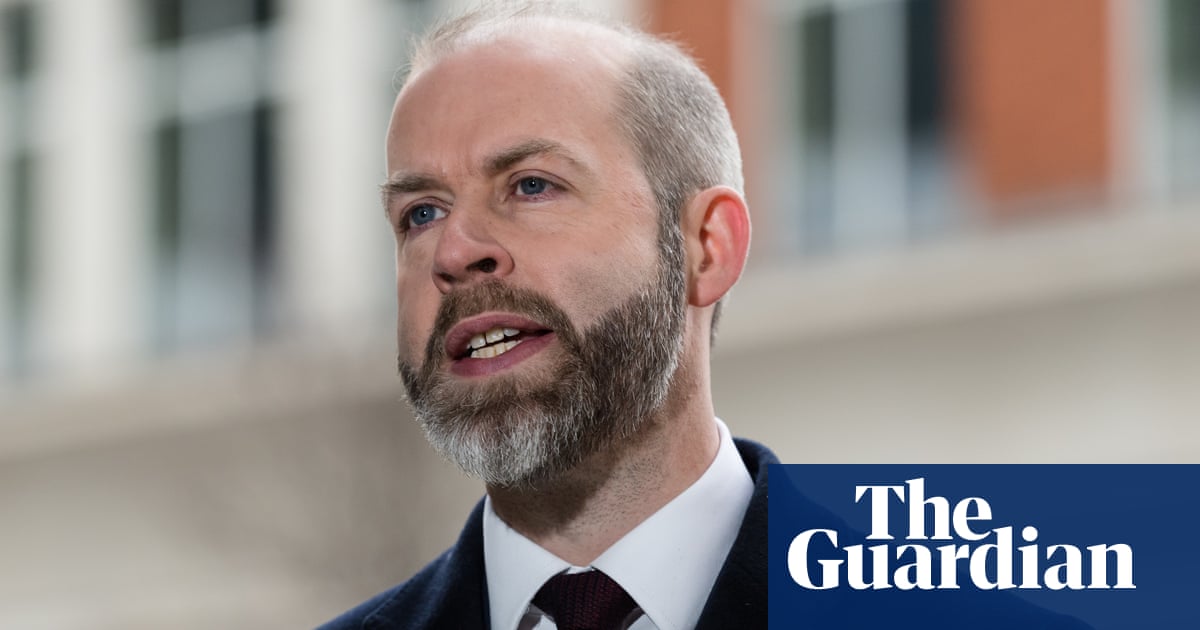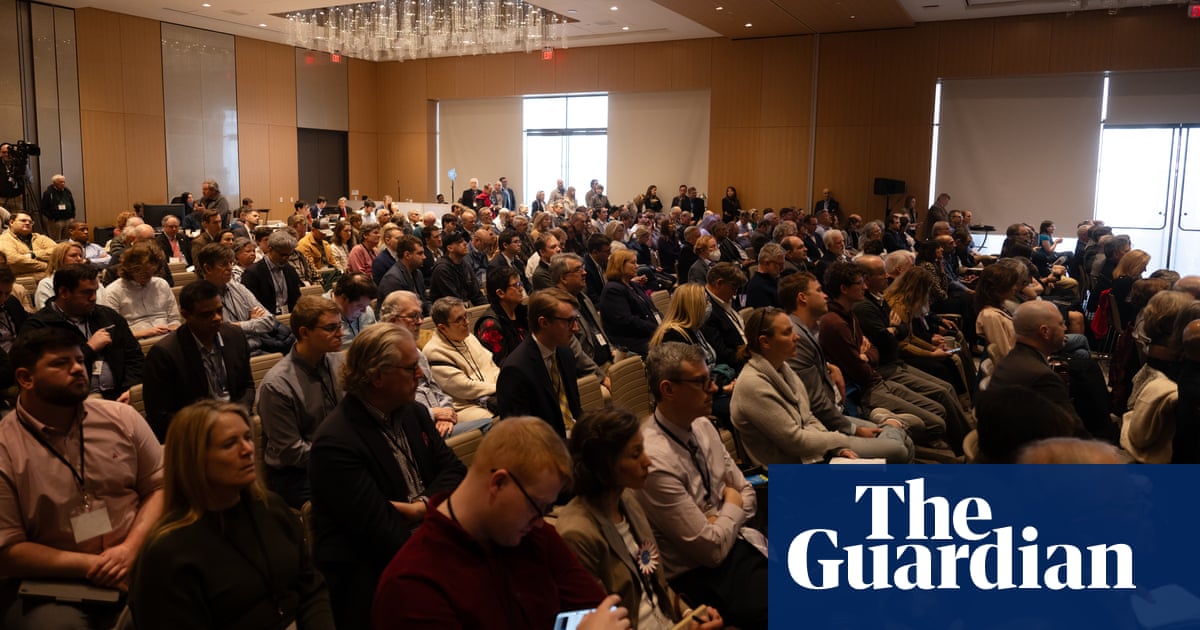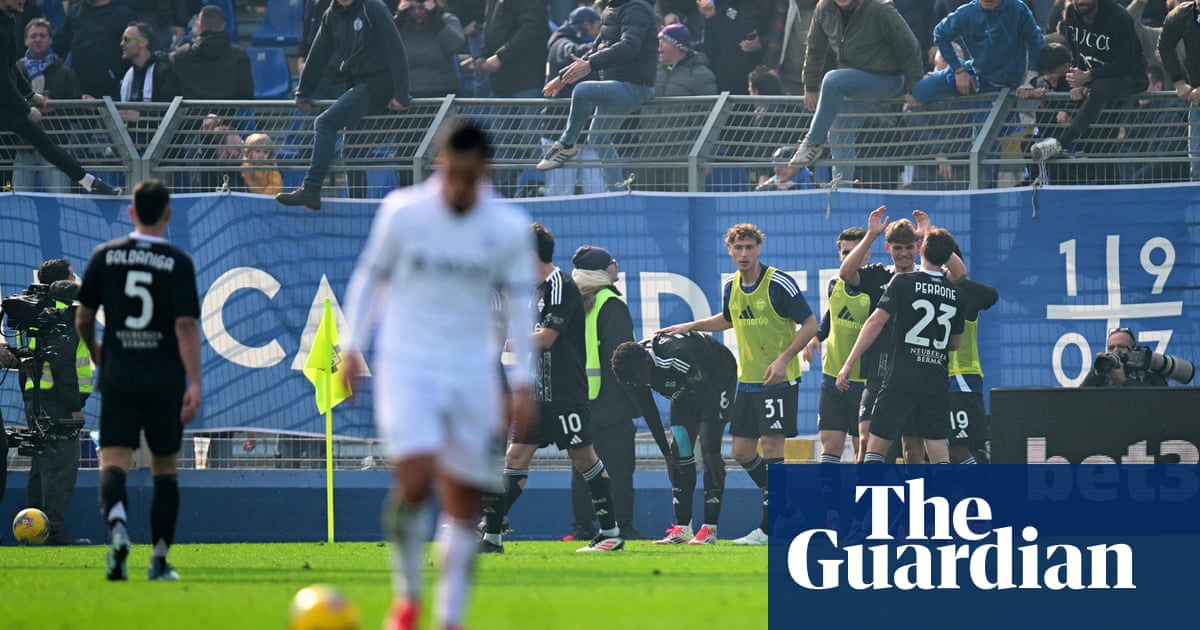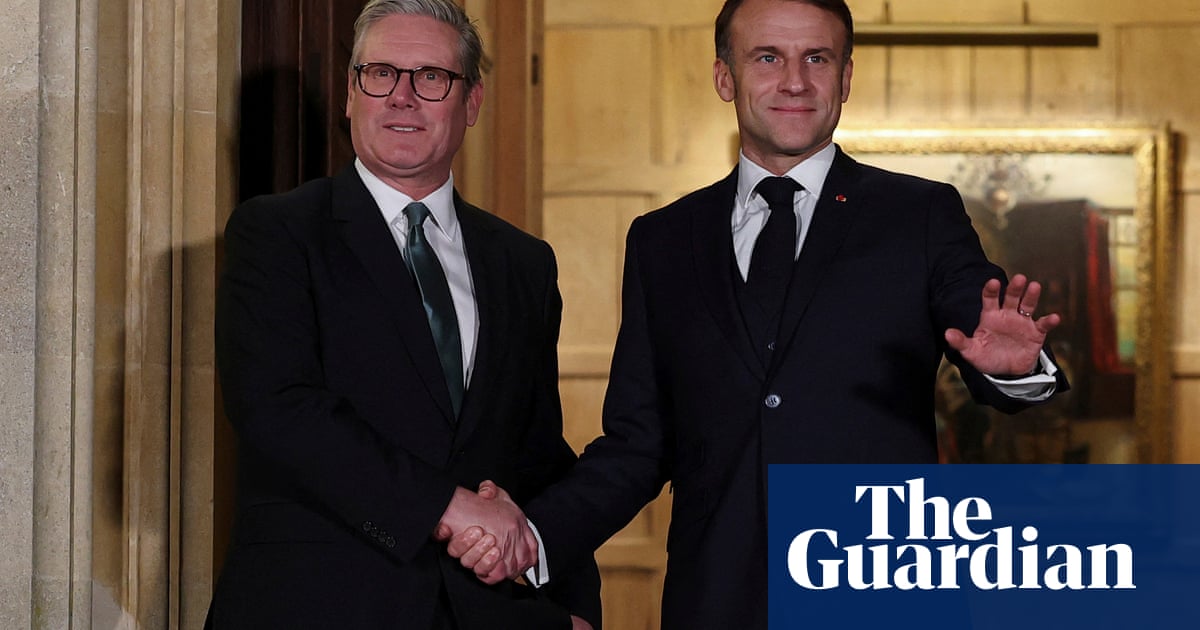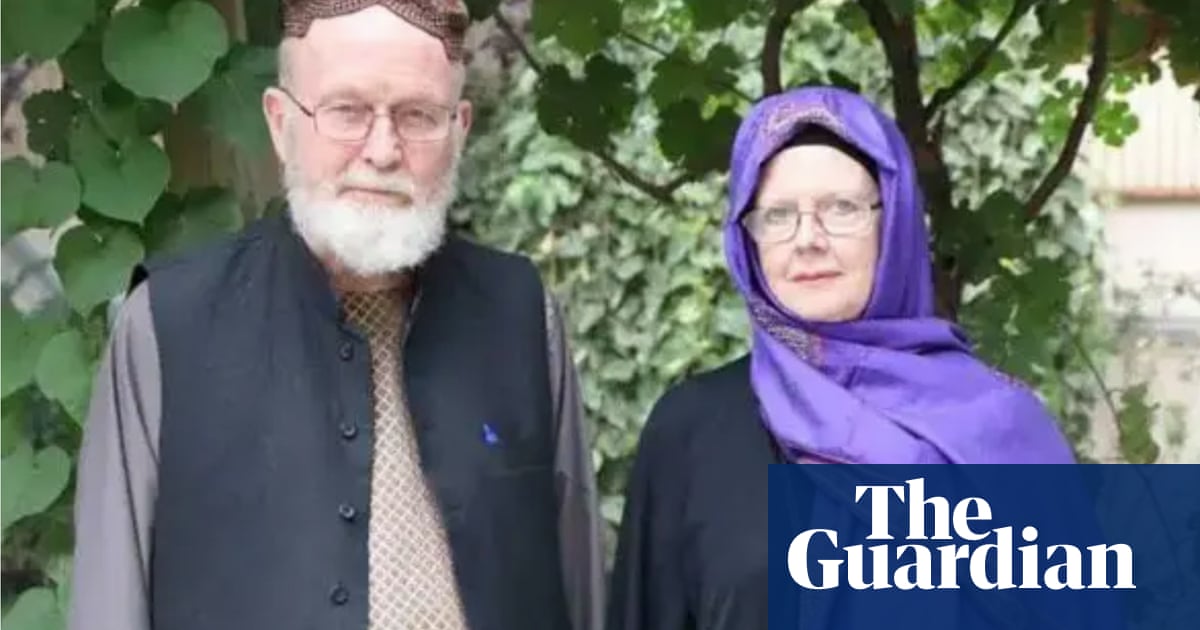Béatrice Zavarro, a diminutive figure in a long black robe and heavy red glasses, who has described herself as the “devil’s advocate”, stood up in a packed courtroom in Avignon to sum up the defence for Dominique Pelicot, on trial for drugging his wife, Gisèle, and arranging more than 50 men to rape her.
What could his lawyer say about the man who has admitted to the charges in the notorious mass rape trial, and whose perversions and depravity have been played out in words and pictures around the world since proceedings opened three months ago?
For the next hour and 15 minutes, Zavarro trod a fine legal line.
She did not try to defend the indefensible; she did not seek to mitigate the actions of the man nicknamed the Monster of Mazan, after the Provençal village where the couple lived and most of the 200 rapes took place. She did not mention the maximum 20-year prison sentence the public prosecutor has demanded for Pelicot, except to suggest the judges might “stray” from this request.
Instead, she sought to explain the inexplicable: what made a husband and father, who said he spoiled his three children and adored his wife, invite the men in the dock with him into the family home to rape and sexually abuse her?
“You are not born a pervert, you become one,” she said, suggesting that Pelicot’s traumatic childhood had irreparably damaged his brain and split his personality, citing the French neuro-psychiatrist Boris Cyrulnik, Sigmund Freud, French Renaissance philosopher Michel de Montaigne and even British poet and writer John Betjeman.
Outside the courtroom afterwards, Zavarro, said she had done her job:
“I believe I have clearly explained who Dominique Pelicot was. As a lawyer, I speak for a man – even one who has been called the devil or monster. It is my mission to defend, while not forgetting that I am in front of a woman who has asked for nothing and whom I profoundly respect.
“Gisèle Pelicot is not my adversary and has never been my adversary. I need to say to her: you are in this position that you did not choose to be in and I respect and recognise what you have suffered and your feeling of betrayal. But I must also explain that the man who did this was not the man she married in 1973.”

Zavarro told the Observer after her summing up: “My main aim was to explain. He did what he did and he admitted it, but his personality was formed through a trauma that he was unable to escape. My pleading was an explanation above all. I don’t believe people are gratuitously bad; there is an explanation for why they do the things they do and there is something good to be found in everyone.”
Zavarro was offered the case entirely by chance in April 2021, after Pelicot’s lawyer failed to turn up to represent him in court on a charge of filming up the skirts of women in a supermarket, a crime that led to the uncovering of his decade-long abuse of his wife, but of which the lawyer was then unaware.
When Zavarro visited Pelicot in prison, she says he immediately told her: “I drugged my wife for years and offered her to men at night.”
“I had absolutely no idea at that time the Pelicot affair would become so huge and historic,” she said.
Zavarro, who was born in Marseille, the daughter of Spanish parents, said as a teenager she had wanted to be a magistrate, but turned to criminal law after a prison visit in which she met a double murderer.
“I spoke to this man and afterwards I thought, rather than judge people, perhaps I should be listening to people. So I became a lawyer,” she said. “I thought perhaps I could defend people whose voices are not heard.”
She added: “I have always loved criminal work – even if, at under 1m 50cm tall [about 4ft 11in] and with a voice that doesn’t carry far, it could be rare to find people who will trust you with their cases.”
She said she was “shocked” when told before the beginning of the trial in September that Gisèle Pelicot was asking for an open court and for the videos to be shown, but believed the subsequent media coverage had made the case impossible politically, socially and publicly to ignore.
“If Gisèle Pelicot hadn’t opened the doors to the trial, we wouldn’t be talking about this today,” Zavarro said. “I believe, I hope, this trial will have a big impact and will lead to change. I don’t think something this enormous can be easily forgotten.”
She added that some of the defence lawyers in court, who have been attacking the media coverage of the trial, were out of touch with the public mood. “I’m afraid there are a lot of deaf and blind people out there,” she said.
Defence lawyers for the men on trial have also complained about the collage messages in support of Gisèle Pelicot that have appeared around Avignon, claiming they are an attack on the presumption of innocence. Last week, police removed a banner strung from the city’s medieval wall opposite the courthouse reading “20 years for all”.
The public prosecutor has requested sentences of between 10 and 18 years for the 49 men accused of aggravated rape – most of whom deny the charge – and four years for one man accused of aggravated sexual abuse.
Blandine Deverlanges, of the feminist group the Amazons of Avignon, whose members have been present to clap and cheer Gisèle Pelicot out of the courtroom every day of the trial, said they would continue their poster campaign.
“We shall keep going because silence only benefits the aggressors,” she said.
“We have a problem of male violence against women and men must do something about it because if they don’t women are going to become so frustrated and angry they will take matters into their own hands.”
Deverlanges said she had spoken to Zavarro after the lawyer was booed by feminists outside the court last week. “I thanked her for having the courage to come out of the front,” Deverlanges said.
“She has maintained a measured and tactful defence that has preserved the dignity of the debate and the integrity of the victim. We are very grateful for that.”

 2 months ago
51
2 months ago
51


